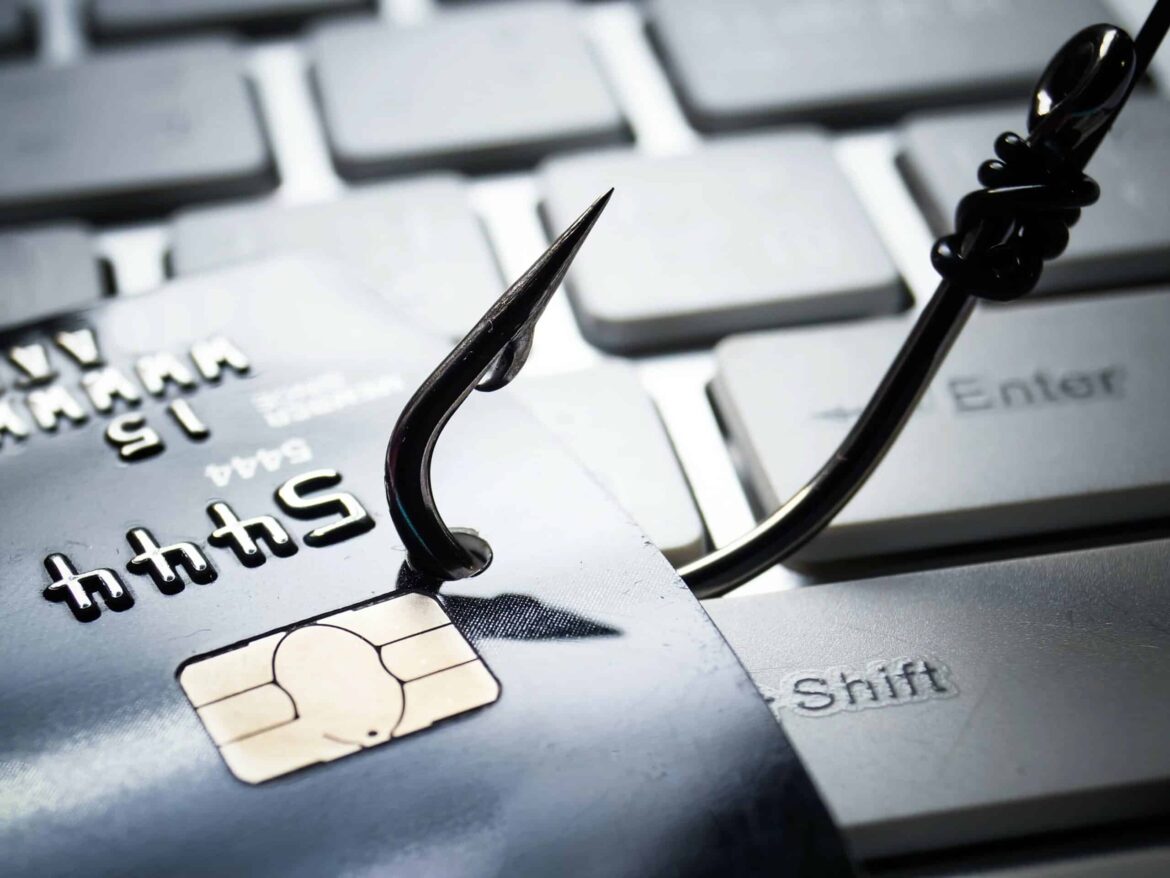827
If you are on the Internet, you should protect yourself against phishing attacks. Reliable phishing protection is therefore essential to protect yourself from such attacks
How to build up good phishing protection
To protect yourself effectively against phishing attacks, you can take action yourself and take appropriate measures.
- Make sure that your anti-virus and anti-phishing software is always up to date. Regular updates of these programs ensure better protection against phishing attempts.
- If possible, secure your online accounts using 2-factor authentication. Even if a fraudster gets hold of your access data, access is much more difficult without the second authentication factor.
- Find out about the latest phishing tactics. This will raise your awareness of the issue and help you recognize fraud attempts more quickly.
- Configure your firewalls and security settings to monitor traffic and block suspicious activity. This not only protects you from phishing, but also increases your overall network security
- Especially when it comes to financial transactions, you should make sure that the request is genuine before you transfer money or pass on sensitive information such as your bank details.
How to recognize phishing attempts
Phishing is now one of the most common forms of online fraud. Fraudsters try to trick you into revealing your personal and sensitive data using sophisticated deceptive maneuvers. However, if you pay attention to certain clues, you can usually unmask phishing attempts quickly.
- Phishing e-mails, for example, often use fake sender addresses. You should therefore take the time to check the sender’s email address carefully
- They also often contain spelling and grammatical errors. Be skeptical if you come across messages with an unusual number of errors.
- Do not rashly click on links in e-mails or messages. First just move the mouse over the link to display the actual URL. Then check whether this matches the expected address. If this is not the case, it is better not to click on the link.
- Always be suspicious if you are asked to disclose personal or financial information. Reputable companies generally do not request such data in e-mails or messages that have not been announced to you beforehand.
- If you have any doubts about the authenticity of a message, contact the company or person directly instead of replying to the message. Confirm the authenticity of the request before passing on information
